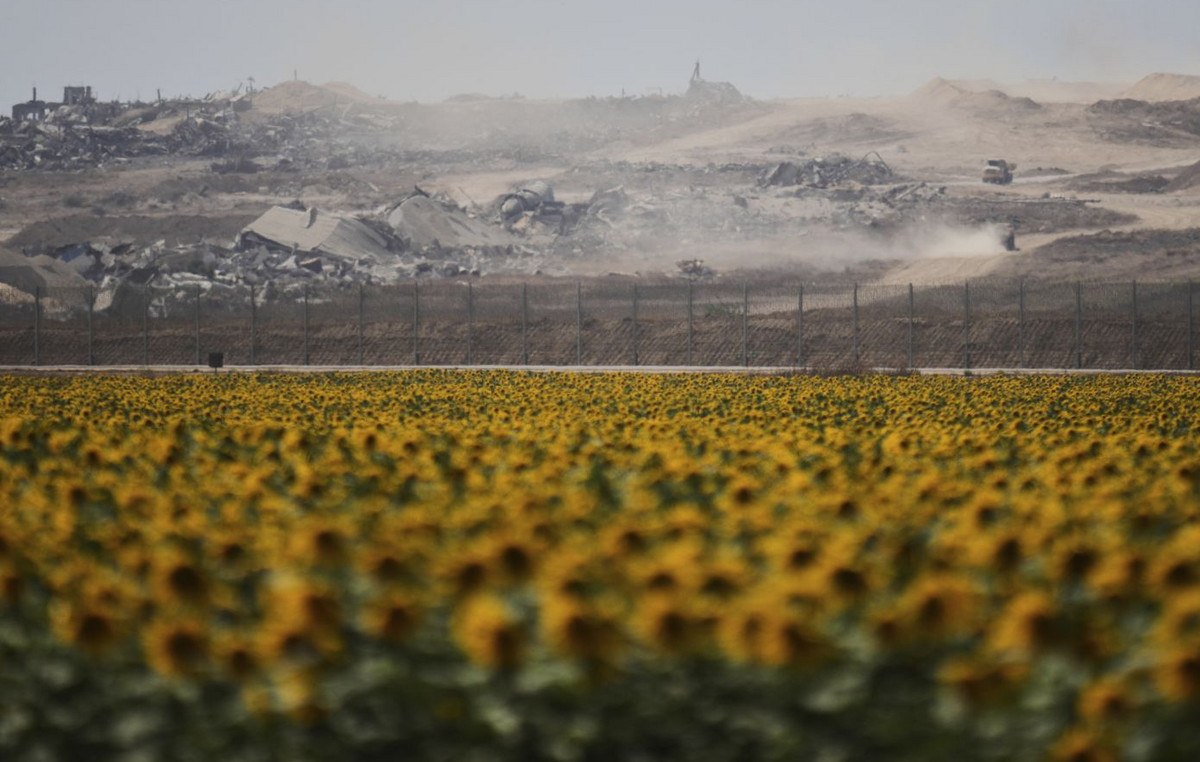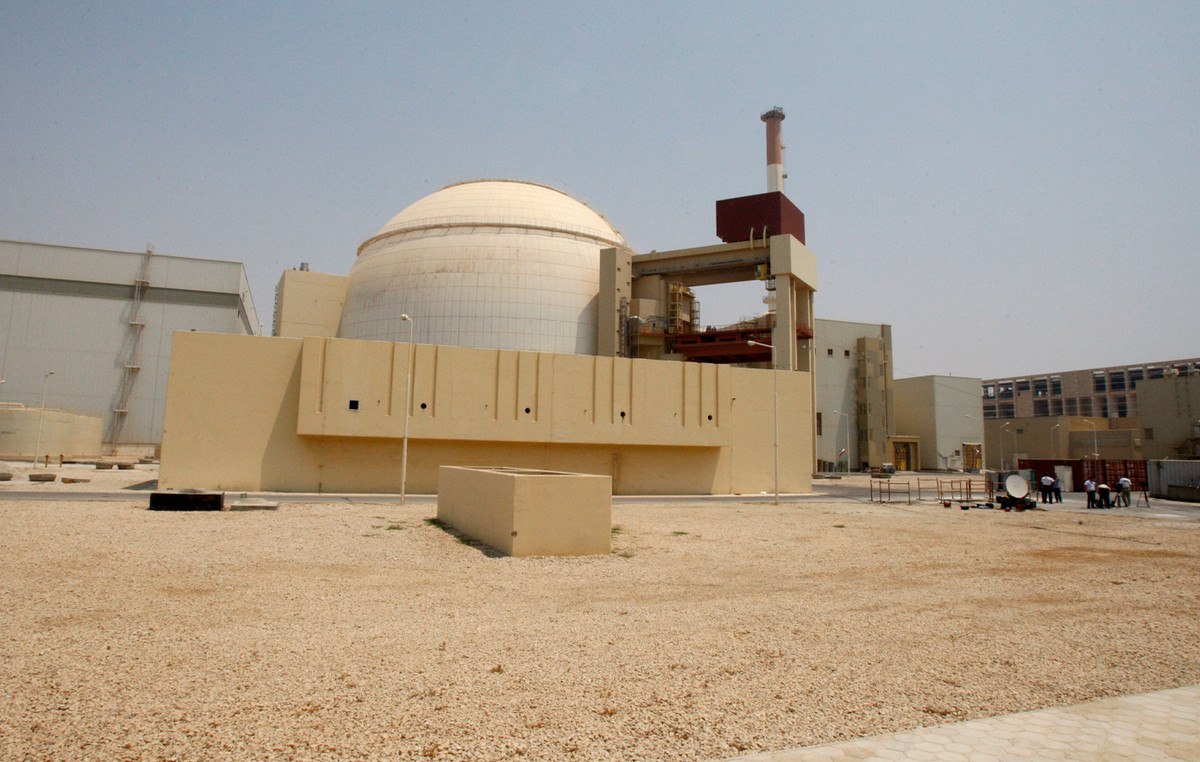The River Rhine in Germany is getting very dry, disrupting supply chains and creating more problems for its struggling economy.
Water in the river has dropped to “exceptionally low” levels in some areas, disrupting transport on the country’s most important inland waterway, German officials told CNN on Friday (12).
The lack of rain in recent months means that cargo ships are now carrying lighter loads, transport costs are rising and economic and energy supply risks are worsening.
Last month, Germany’s Federal Institute of Hydrology warned that water flows at the Kaub meter, located west of Frankfurt, were already at just 45% of average levels for this time of year. The agency said it created “frequent obstructions” for the ships.
Water levels are now expected to drop further before rising “very slightly” in the coming weeks, the Rhine Shipping and Waterways Authority said on Friday.
The situation is reminiscent of 2018, when similar problems with the river led to a “fresh transport standstill” and reduced German economic growth by about 0.2%, according to economists at Deutsche Bank.
higher costs
While water levels this year have yet to drop by the same amount, “cargo ships already need to reduce the amount of cargo,” they wrote in a report last week. “That’s why transportation is more expensive.”
For example, on the Kaub gauge, water levels below 75 centimeters (29.5 inches) generally mean that a large container ship “needs to reduce its loading by about 30%,” economists said.
“There is also a higher rate in Germany to pay the load when water levels drop below a certain level,” warned UBS insurance analysts.
The drought could exacerbate an even greater crisis for Europe’s biggest economy, which is already at risk of recession because of an energy crisis, high inflation and supply chain bottlenecks.
Recently, Germany has turned to firing up its coal plants to ensure the country maintains access to electricity as Russia restricts gas supplies.
But “much of the necessary coal is transported from the Dutch ports of Amsterdam, Rotterdam and Antwerp by barges” along the Rhine River, increasing pressure on local capacity, Deutsche Bank economists noted.
According to Henri Patricot, an oil analyst at UBS, the falling water levels of the river “are challenging the shipments of energy products, which is worsening the situation of the supply of commodities in Europe”. The Rhine is also crucial for transporting chemicals and grain.
In a report on Wednesday (10), Capital Economics said that while the Rhine problems are “a small problem for German industry compared to the gas crisis”, it could become an even bigger headache this year. year.
If the drop in water levels “persistes through December, it could subtract 0.2% from GDP” in the second half of the year “and add a touch to inflation,” wrote Europe’s chief economist Andrew Kenningham.
Germany’s extremely important manufacturing sector could take a bigger hit. Researchers at the Kiel Institute for the World Economy previously found that, in a month of low tide, the country’s industrial production can drop by about 1%.
Currently, the German maritime authority is not imposing restrictions on Rhine traffic due to low water levels.
But a spokesperson for the waterway agency said that in some cases, commercial transport may not be viable if freight has to be reduced too significantly.
Large parts of Europe have been experiencing extreme heat waves and droughts. The source of London’s iconic River Thames dried up and moved about five miles downstream.
The high temperatures of river water in France have prevented the operation of some nuclear power plants. And in northern Italy, farmers are facing the worst drought in 70 years, affecting Parmesan soy production.
Source: CNN Brasil
I am Sophia william, author of World Stock Market. I have a degree in journalism from the University of Missouri and I have worked as a reporter for several news websites. I have a passion for writing and informing people about the latest news and events happening in the world. I strive to be accurate and unbiased in my reporting, and I hope to provide readers with valuable information that they can use to make informed decisions.


.jpg)




